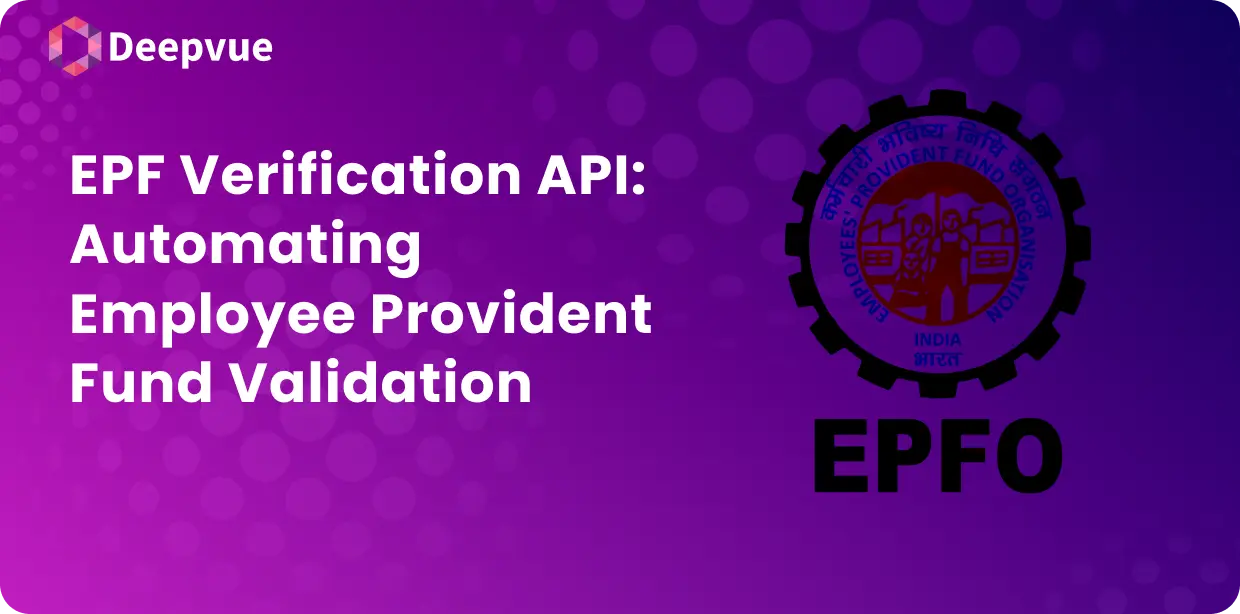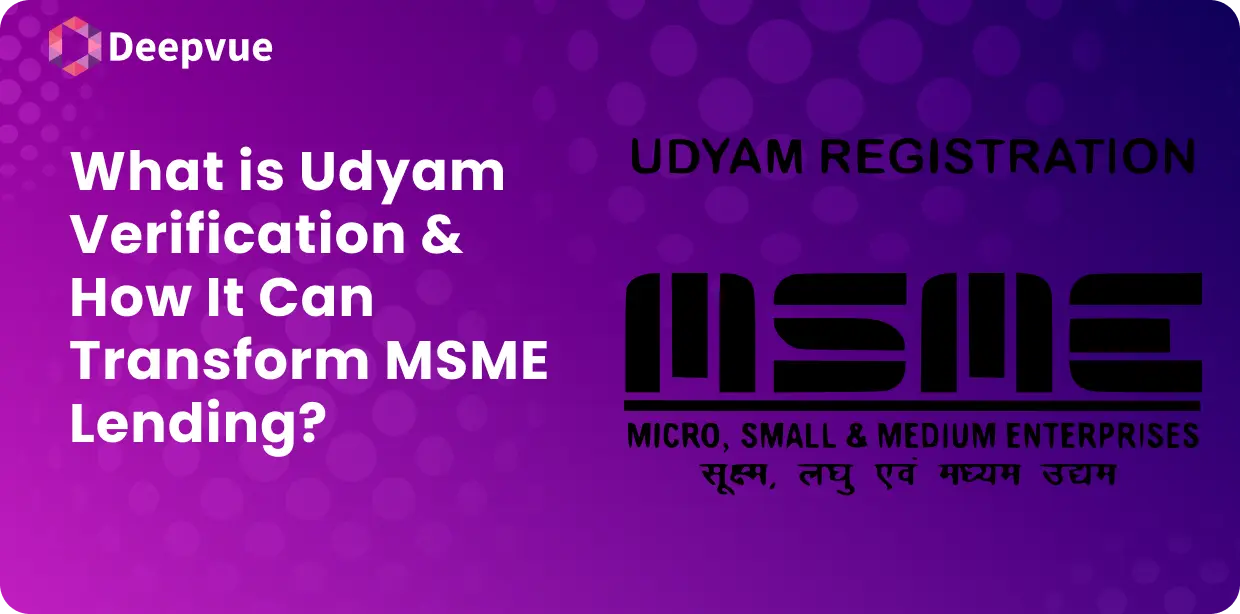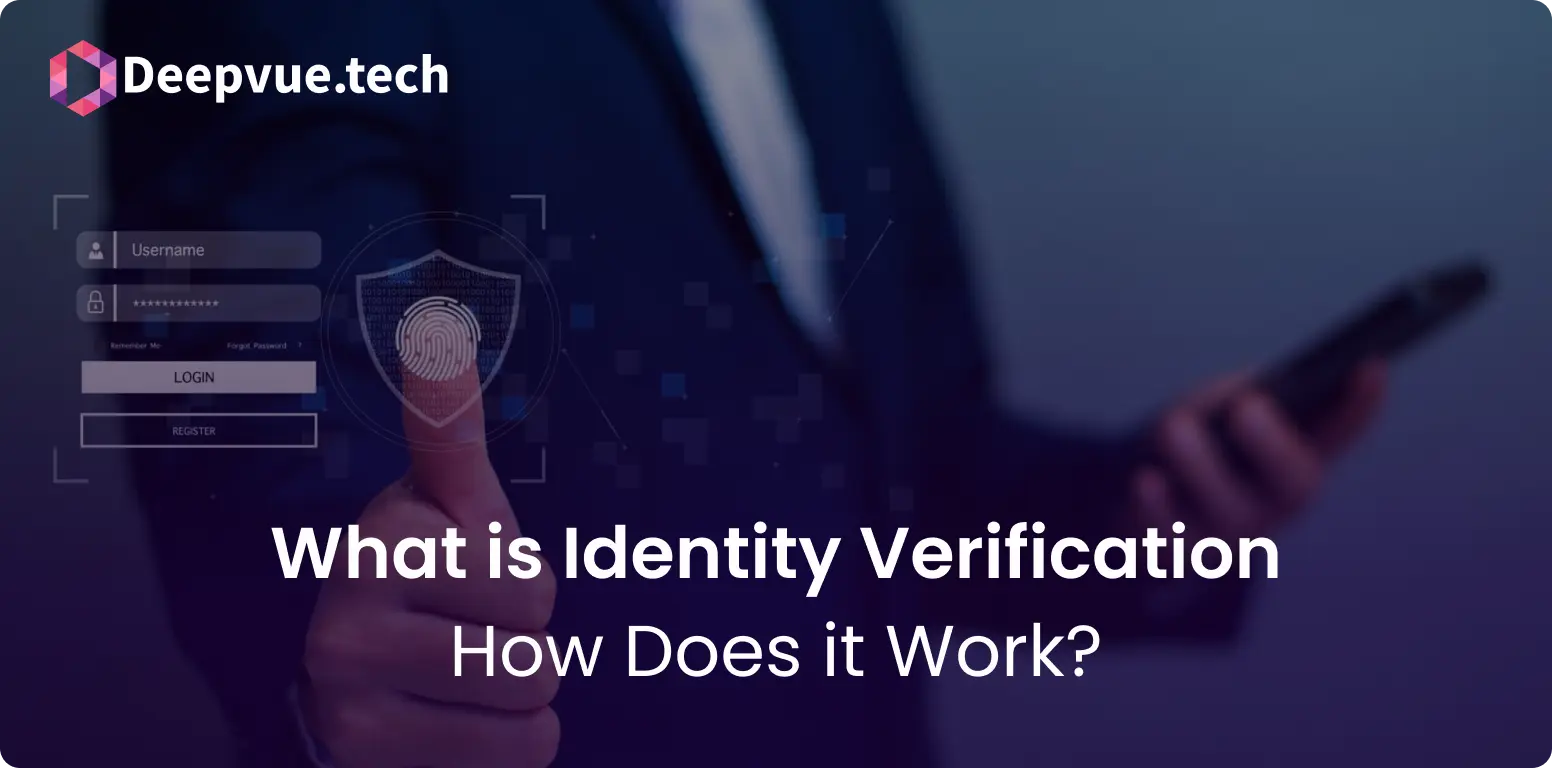What is an Advanced Electronic Signature?
An Advanced Electronic Signature (AES) is a type of electronic signature that meets specific legal and security requirements to ensure the authenticity, integrity, and non-repudiation of a signed document. It is more secure than a simple electronic signature because it is uniquely linked to the signatory and capable of identifying it. AES also ensures that the document hasn’t been altered after the signature has been applied.
How Does an Advanced Electronic Signature Work?
An Advanced Electronic Signature works through a set of cryptographic processes to ensure both the identity of the signatory and the integrity of the document:
1. Signatory Identification
This will verify the identity of the signatory through secure means such as the usage of a digital certificate from a trusted Certificate Authority that is uniquely attached to the signature, ensuring only the authorized user can use the signature.
2. Data Encryption
The document (with its signature) is encrypted, thus it cannot be read or altered by any unauthorized persons.
3. Signature Creation
This is done using the signatory’s private key to create an advanced electronic signature. This private key is kept under wraps. A signature is subsequently affixed to the document, as well as a timestamp indicating when it was signed.
4. Verification Process
Using the private key of a signatory securely stored, an advanced electronic signature is created. Then a timestamp confirming at what date and time that document was signed is provided along with that.
Benefits of an Advanced Electronic Signature
Advanced Electronic Signatures offer several advantages over simple electronic signatures:
1. Enhanced Security
AES offers a higher level of security because the signature is linked to the identity of the signer through digital certificates and cryptographic techniques.
2. Legal Compliance
AES also complies with various other international regulations, such as the EU’s eIDAS regulation, making it a legal entity and acceptable in many jurisdictions.
3. Document Integrity
After signing, using AES makes any modification in the original document traceable which helps to maintain the integrity document.
4. Non-Repudiation
The digital certificate is unique which also means that the signatory cannot later deny the signing of the document so this also makes this legally more fortified in the case of a dispute.
Common Use Cases for Advanced Electronic Signatures
Advanced Electronic Signatures are widely used across various industries:
1. Legal Contracts
AES is used by law firms and business organizations for signing contractually binding documents that require more secure and verified sign-up.
2. Healthcare
AES is used by healthcare providers to sign documents such as patient records or prescriptions while complying with HIPAA and data protection.
3. Financial Services
Banks and financial institutions use the AES to sign loan agreements, mortgage contracts, and other important documents, guaranteeing the documents’ authenticity and massively reducing the risk of fraud.
FAQs about Advanced Electronic Signatures
Is an Advanced Electronic Signature legally binding?
Yes, Advanced Electronic Signatures are legally binding in many countries, including the European Union under the eIDAS regulation, as they provide a higher level of security and verification.
How does an Advanced Electronic Signature differ from an elementary electronic signature?
A simple electronic signature may be as simple as typing a name or clicking a checkbox, whereas an Advanced Electronic Signature is tied to the identity of the signer through digital certificates, thus being more secure and legally compliant.






